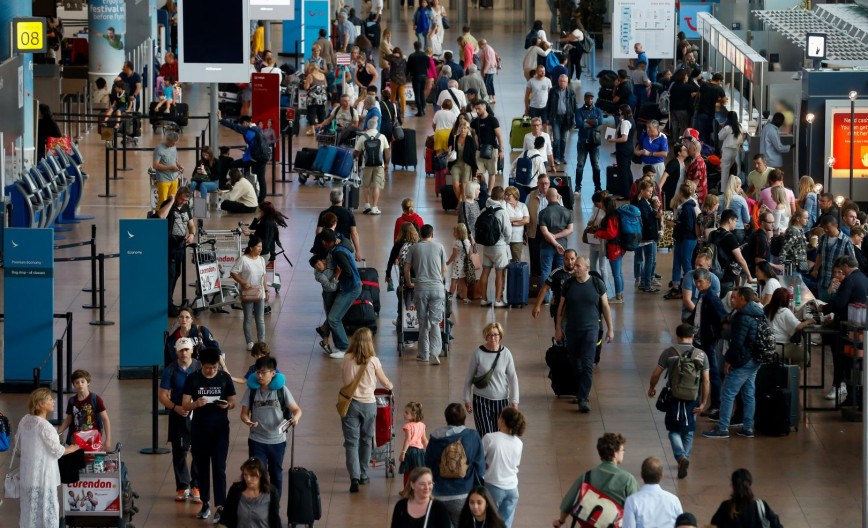The entry ban for travellers coming from "very high risk" countries, has been lifted now that the Delta variant of the coronavirus is also the dominant strain in Belgium.
Since Friday 5 August, foreign travellers coming from one of the countries on the list that were considered "very high risk," such as Brazil, Mexico and South Africa, can enter Belgium again.
The ban initially went into force at the end of June, forbidding entry to travellers coming from 24 countries where worrying variants circulated strongly. Belgium already took the UK off the "very high risk" list in mid-July, and now also lifts the stricter rules for the 23 other countries that were still on it.
In practice, this means that travellers coming from one of the countries on the list are allowed to enter Belgium again, but only under the strict conditions imposed for red non-EU countries, such as a ten-day quarantine and a mandatory PCR test, even for fully vaccinated people.
Belgium is currently taking steps to accept the UK's NHS Covid Pass as proof of vaccination, which would mean that people vaccinated in the UK no longer have to quarantine upon arrival.
Related News
- What are the rules for travelling to Belgium from the UK?
- Belgium no longer considers UK a 'very high risk' country for travellers
- Belgium takes steps to accept UK's NHS vaccine certificate
However, while people (including tourists and residents) who were in one of those 23 countries in the past 14 days are no longer banned from - directly or indirectly - travelling to Belgian territory, the stricter measures will continue to apply for two more weeks after the ban was lifted, meaning until 19 August.
The reason that the entry ban was lifted is the rapid rise of the Delta variant (first detected in India), which already became the most dominant strain in Belgium at the beginning of July.
However, the Delta variant has even become ultra-dominant by now, according to a report by the Risk Assessment Group (RAG) of 4 August, reports De Standaard.
The variant was found in 94.6% of the samples, the latest analyses of the UZ Leuven shows. Due to this, possible new imports of these variants from other countries will not change the "distribution of the variants in Belgium," according to the RAG report.

